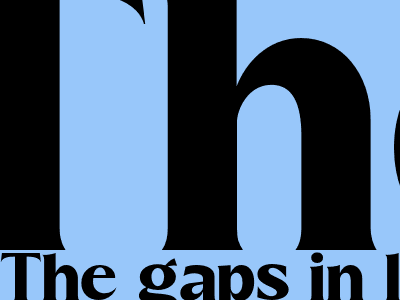
MAiD: Evolving Laws, Unresolved Ethical Concerns
Introduction
Medical Assistance in Dying (MAiD) has sparked widespread debate, with legal frameworks evolving to accommodate this complex issue. However, gaps in the law remain, leaving ethical concerns unresolved.Legal Framework of MAiD
In 2016, Canada legalized MAiD under specific criteria. Critically ill patients with "a serious and incurable illness, disease or disability" and "enduring and intolerable suffering" can request MAiD. Patients must be capable of making decisions and provide informed consent.Unresolved Ethical Concerns
Despite the legal framework, ethical concerns persist. One issue is the potential for abuse or coercion, especially among vulnerable individuals. The definition of "enduring and intolerable suffering" is subjective, and it is difficult to ensure that it is applied consistently.Another concern is the impact of MAiD on family and society. Some argue that it devalues life or promotes a culture of disposability. Others contend that it allows individuals to have control over the end of their lives and alleviate suffering.